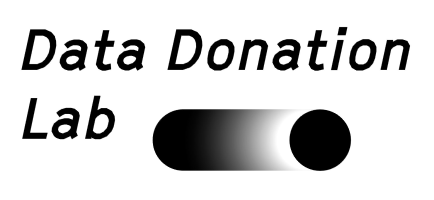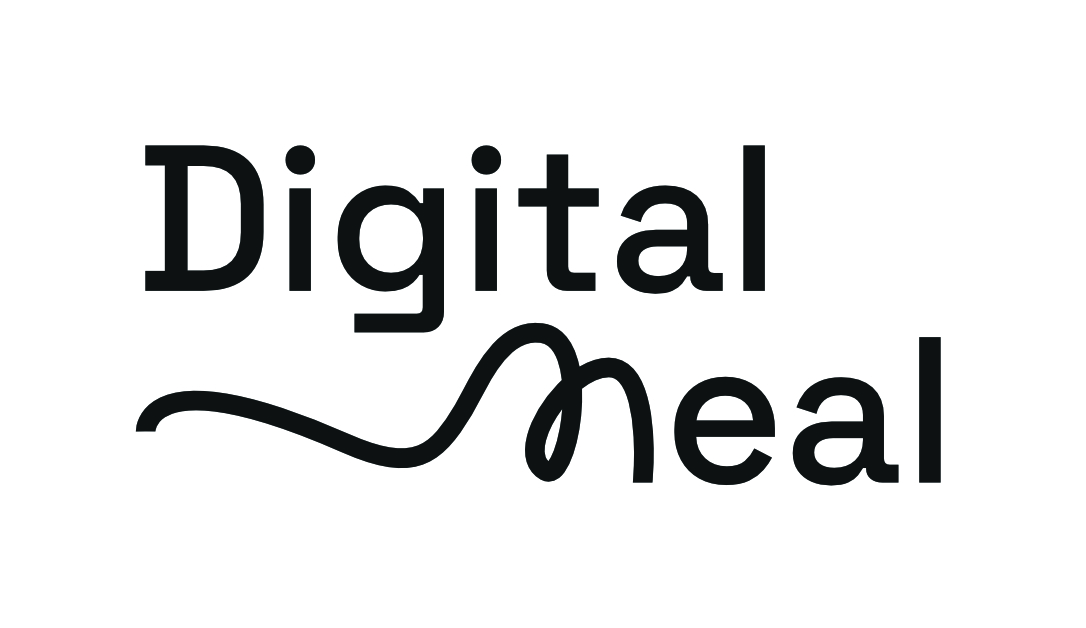Forschung
Kommunikation ist ein dynamischer Prozess, an dem verschiedene Akteure beteiligt sind. Daher berücksichtigen unsere theoretischen Überlegungen und empirischen Untersuchungen stets den sozialen Kontext der Mediennutzenden. Dies spiegelt sich in unserer theoretischen Arbeit zur Öffentlichkeit als dynamisches Netzwerk, in der Erforschung der Dynamiken digitaler Mediennutzung in religiösen Gemeinschaften sowie der Untersuchung von digitalen Religionen und Spiritualität
wider.
Um die Forschung zur Nutzung digitaler Medien weiter voranzutreiben, haben wir die Methode der Datenspende entwickelt. Diese umfasst sowohl das Data Donation Module als technische Infrastruktur als auch ein interdisziplinäres Netzwerk von Forschenden, die sich regelmäßig im Data Donation Lab austauschen. Dieser Ansatz ermöglicht es uns, die in den digitalen Spuren gespeicherten granularen Informationen zur Mediennutzung zu für unsere Forschung zu nutzen.
Unsere empirischen Forschungsprojekte beinhalten in der Regel eine Längsschnitt-Perspektive, um beispielsweise zeitliche Dynamiken sozialer Normen während der Covid-19-Pandemie oder
soziale Dynamiken des Gesundheitsverhaltens unter Jugendlichen zu untersuchen.
Publikationen
ZORA Publikationsliste
Publikationen
-
PTBP1 variants displaying altered nucleocytoplasmic distribution are responsible for a neurodevelopmental disorder with skeletal dysplasia Journal of Clinical Investigation, 182100, e182100. https://doi.org/10.1172/jci182100
-
Exploring Everyday Media Use: Viewing Motives, Multitasking, and Viewing Duration as Potential Drivers of Parasocial Interactions and Relationships Human Behavior and Emerging Technologies, 2025(1), 13. https://doi.org/10.1155/hbe2/5276510
-
Restorative or detrimental? The complex relationship between binge-watching, self-control, and well-being Acta Psychologica, 259, 105370. https://doi.org/10.1016/j.actpsy.2025.105370
-
Meaning-Making through Social Media – Religious Influencers as Sources of Religious Meaning In T. Schlag & K. Yadav (Eds.), Religious Communication, Interaction and Transformation in a Culture of Digitality (pp. 45–64). De Gruyter. https://doi.org/10.1515/9783111721729-004
-
‚That’s Not Appropriate!‘ Examining Social Norms as Predictors of Negative Campaigning Political Behavior, 47(2):457-478.
-
Misperceptions of Public Opinion During Crises: Evidence from the COVID-19 Pandemic Political Communication, epub ahead of print. https://doi.org/10.1080/10584609.2025.2502401
-
Anti, hostile, and alternative: an exploration of anti-elite attitudes, hostile-media perceptions, and alternative media use in the context of opposition to Covid-19 measures Information, Communication and Society, epub ahead of print. https://doi.org/10.1080/1369118x.2025.2492582
-
Diffusionsforschung In C. Stegbauer & R. Häußling (Eds.), Handbuch Netzwerkforschung (pp. 863–872). Springer Fachmedien Wiesbaden. https://doi.org/10.1007/978-3-658-37503-4_75
-
Norm Setting in Times of Crisis: A Time-Series Analysis of the Dynamics Between Media Reporting and Perceived Norms in the Context of the COVID-19 Vaccination Roll-Out Mass Communication and Society, Epub ahead of print. https://doi.org/10.1080/15205436.2024.2389833
-
Commentary: Technoference or parental phubbing? A call for greater conceptual and operational clarity of parental smartphone use around children Journal of Child Psychology and Psychiatry, 65(8), 1108–1114. https://doi.org/10.1111/jcpp.13917
-
Data Donation Module: A Web Application for Collecting and Enriching Data Donations Computational Communication Research, 6(2):1-19.
-
Comparing Online Recruitment Strategies for Data Donation Studies Computational Communication Research, 6(2):1-19.
-
Everyday disconnection experiences: Exploring people’s understanding of digital well-being and management of digital media use New Media & Society, 26(6):3657-3678.
-
Data Donation as an Approach to Studying Digital Media Use – Exploring Opportunities, Challenges, and Applications 2024, University of Zurich, Faculty of Arts.
-
Unraveling the Dark Side of Social Norms - Toward a Research Agenda on the Challenges of Social Norms in Health Communication Health Communication, 39(12):2955-2962.
-
Conflicting Norms - How Norms of Disconnection and Availability Correlate With Digital Media Use Across Generations Social Science Computer Review:1-22.
-
Adolescents’ Drinking Behavior Off- and Online: Disentangling Exposure Effects and Selective Exposure in Networked Communication Structures Journal of Health Communication, 28(12):815-824.
-
The Effects of Alcohol-Related Social Media Content on Adolescents’ Momentary Perceived Norms, Attitudes, and Drinking Intentions Health Communication, 39(11):2225-2243.


